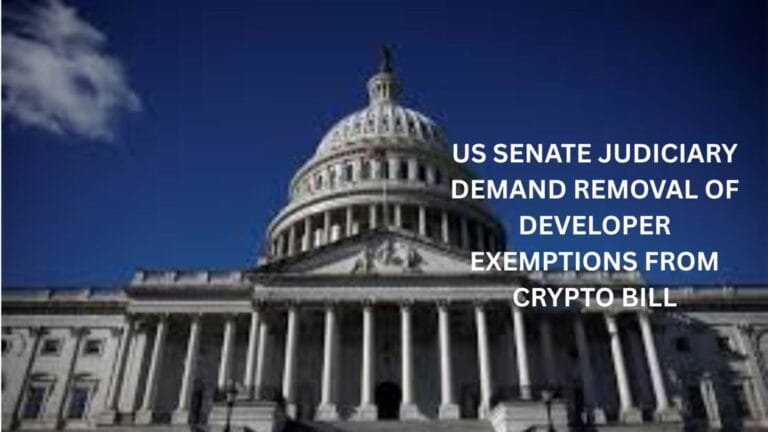Key Takeaways
- Commonwealth Bank in June stated that it would decline or temporarily hold certain payments to cryptocurrency exchanges, citing the risk of scammers.
- Bendigo states the move was aimed at preventing fraudulent payments and reinforce protections for the bank’s customers.
In a bid to safeguard its 2.3 million customers from potential investment scams, Bendigo Bank, one of Australia’s leading financial institutions, has taken decisive action to block high-risk cryptocurrency payments. Following the footsteps of three of the nation’s Big Four banks, Bendigo Bank introduced new rules for instant payments related to cryptocurrency transactions on July 31.
The primary objective behind these measures is to prevent fraudulent payments and reinforce protections for the bank’s customers. Bendigo Bank is employing “a combination of factors” to identify high-risk transactions but has not disclosed the specific exchanges that might be affected by these changes.
Industry experts, however, assert that such moves by banks may not entirely deter criminal actors from exploiting other platforms, whether crypto-related or not. Furthermore, there are concerns that uncertainty over banking access could prompt crypto exchanges and users to seek jurisdictions outside the purview of authorities.
Bendigo Bank’s decision follows similar actions taken in recent months by three other major Australian banks, including Commonwealth Bank, National Australia Bank (NAB), and Westpac. Commonwealth Bank (CBA), the largest bank in Australia, had announced in June that it would decline or temporarily hold certain payments to cryptocurrency exchanges, citing the risk of scammers.
Similarly, on July 17, NAB unveiled a set of new measures as part of its “bank-wide scam strategy” to protect customers from fraud, including blocking certain cryptocurrency platforms.
It’s worth noting that in 2021, an Australian Senate committee report on digital assets recommended that crypto firms should have the ability to challenge debanking decisions, and banks should conduct due diligence on these firms rather than resorting to blanket bans on the entire sector.
Amidst these developments, Blockchain Australia, the country’s primary crypto industry body, has expressed its intention, through CEO Simon Callaghan, to navigate crypto rule-making in the country differently from the U.S. Securities and Exchange Commission (SEC). The SEC has recently tightened its regulatory oversight over the cryptocurrency space and filed lawsuits against significant players, including Binance and Coinbase.










